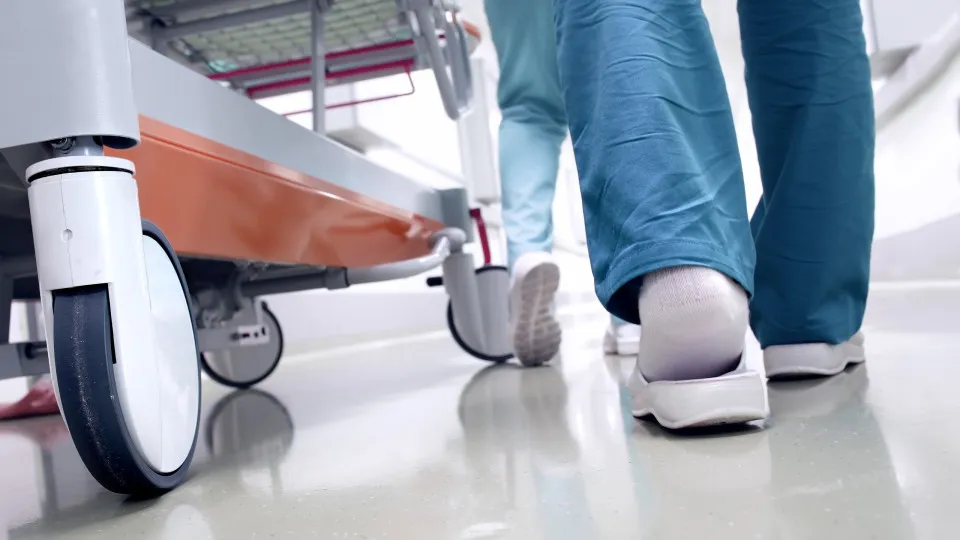
The lack of standardization and regulation is a pressing issue for specialist nurses in Portugal, said Luís Filipe Barreira, coinciding with the launch of low-risk pregnancy follow-up consultations at Hospital Beatriz Ângelo, managed by specialist maternal and obstetric health nurses (EESMO).
The president of the Ordem dos Enfermeiros (OE) described the initiative as an “excellent measure” that would free obstetricians to focus on high-risk pregnancies, although he stressed the need for uniform implementation.
“It’s nonsensical for obstetricians to handle low-risk cases when other professionals are prepared for this role,” Barreira asserted.
OE has submitted a proposal to the Ministry of Health advocating for autonomous specialist nurse-led monitoring of low-risk pregnancies in hospital maternity wards, where about 70% of deliveries are low-risk.
The proposal also suggests EESMO involvement in primary health care consultations for pregnant women without family health teams, addressing the lack of monitoring some experience throughout their pregnancies.
Barreira acknowledged that Health Minister Ana Paula Martins regards this measure favorably but is “waiting for concrete actions,” notably its regulation.
The 2023 guidelines from the Direção-Geral da Saúde, updated in 2024, outline EESMO roles in hospital maternity care. They establish provisions for the involvement of specialist nurses in the hospitalization of low-risk labor, with the awareness of a responsible obstetrics and gynecology doctor, including during delivery.
OE is also advocating for the regulation of operational protocols in primary health care centers, Barreira noted. He referenced a 2005 EU directive recognizing EESMO powers to prescribe diagnostic tests, like blood work and ultrasounds, which has yet to be adopted in Portugal.
Specialist nurses at the São José unit, encompassing Maternidade Alfredo da Costa (MAC), have been admitting low-risk pregnant women since November 2024.
In Portalegre, specialist nurses are conducting all low-risk pregnancy follow-ups, including prescribing diagnostic tests and clinical analyses. Recently, the Hospital Beatriz Ângelo in the ULS of Loures-Odivelas initiated low-risk pregnancy consultations.
At the end of September, during a parliamentary hearing, the Health Minister expressed readiness to assess the proposal for specialist nurse-led low-risk pregnancy oversight for women without family doctors, acknowledging that they must not be left without prenatal care.
“We are very open to evaluating the OE’s proposal to ensure the surveillance of low-risk pregnancies by specialist nurses, especially for women without family doctors,” Ana Paula Martins assured legislators.
She noted that nurse-led prenatal surveillance should be coordinated with general and family medicine and hospital obstetric units, following protocols defined by the Direção-Geral da Saúde.
The Associação Portuguesa de Medicina Geral e Familiar responded by recommending further reflection on prenatal care models, emphasizing that nurses and physicians have distinct roles and expertise.




